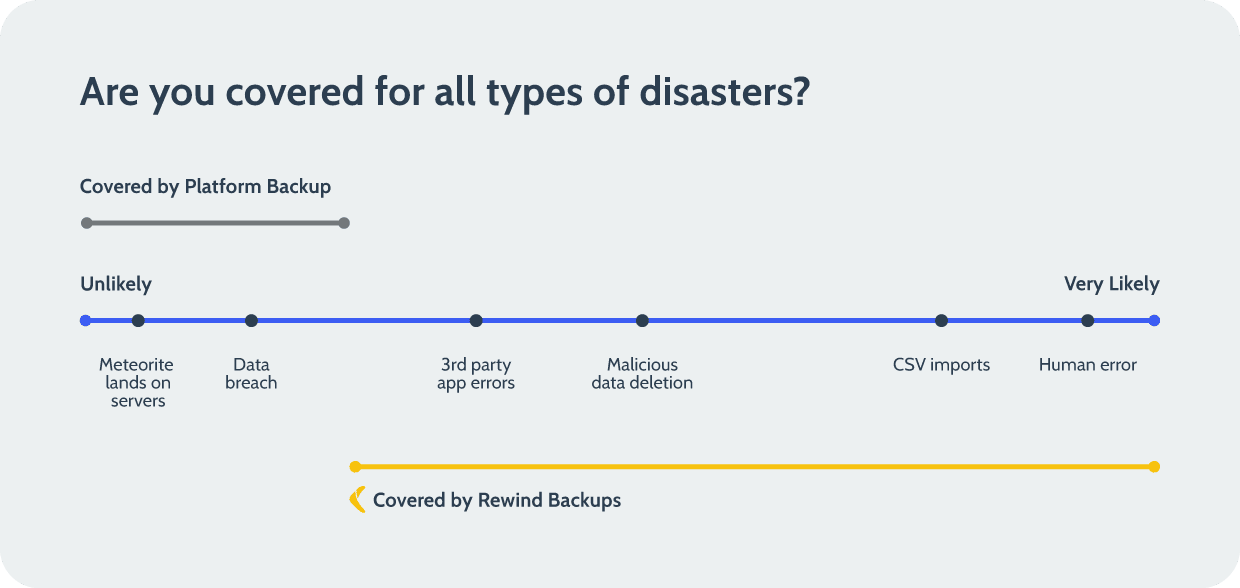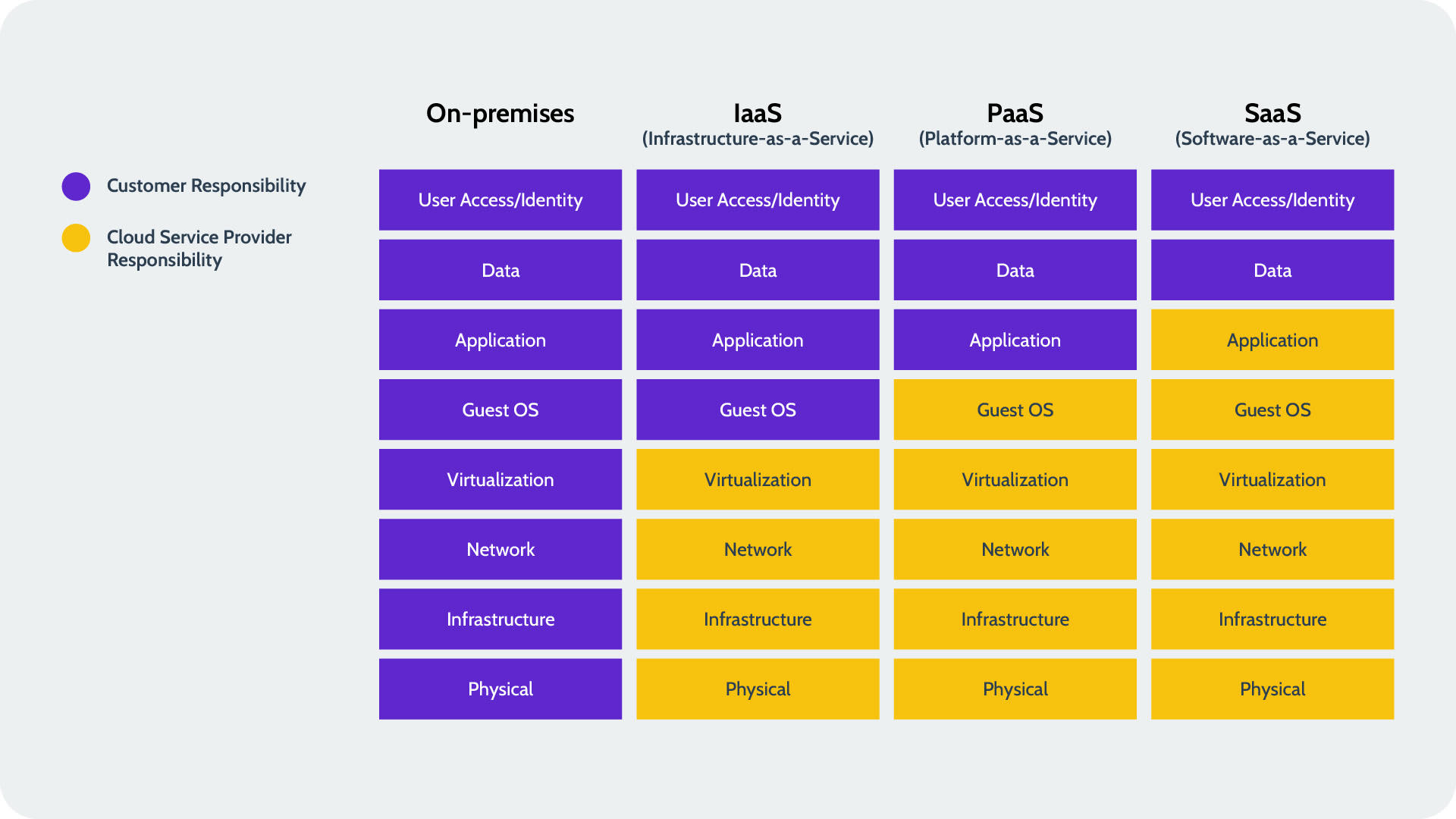Protect the Data, Protect the Business
By Sarah Bader
Mar 1, 2022
Data loss is a rising threat to ecommerce businesses. Here’s why a secure data backup is the best way to protect your business - and your bottom line.
It all began with a corrupted hard-drive. While working at Adobe as a Technical Evangelist a few years ago, Mike Potter was giving a presentation at a conference to a few hundred developers (and his boss). In the middle of the presentation, his computer suddenly and unexpectedly froze.
Mike restarted it, but was then greeted with an icon of a hard-drive with a big question mark on top.This was ‘the kiss of death’ for hard drives, and immediately he realized he had just lost everything on his computer. Needless to say, all of the hours’ worth of work on this presentation had gone to waste – and at the worst possible time. Since then, “I became a bit of a backup fanatic. I have backups of my backups – and backups of those backups”, laughs Potter, Rewind CEO & co-founder.
Skip forward to 2015. Shopify was growing exponentially, yet so was another disturbing trend: merchants are losing data, often with disastrous results. This seemed counterintuitive. Weren’t we all moving to the cloud to make data storage easier? So, why were so many people losing critical business data?The issue boils down to a simple misunderstanding of how cloud computing (and SaaS itself) works.
The Shared Responsibility Model and You
SaaS applications, including Shopify, perform platform-level backups. All of the data created by all of Shopify’s one million merchants is lumped together and backed up by the platform. If a meteorite struck their data centre, Shopify would be able to restore the data of everyone on their platform.
But what about your specific, account-level data? From product images and descriptions, to customer info and order history, merchants create a lot of data. And they rely on that data to populate their store, display their products, check out their customers, and generally provide an excellent shopping experience. Unfortunately, since Shopify backs up everyone’s data in bulk, it has no way of determining whose data is whose. Trying to find the data associated with your store is worse than one in a million – it’s like searching for a needle in a field of haystacks.

Check out Shopify’s Terms of Service.

So yes, SaaS platforms like Shopify do technically back up your data – but that doesn’t mean they can restore it for you. And what good is a backup if you can’t restore it? Under the Shared Responsibility Model, individual users are responsible for protecting account-level data. If you’re an ecommerce store, that includes pretty vital information like product descriptions, SKUs, orders, and more.
